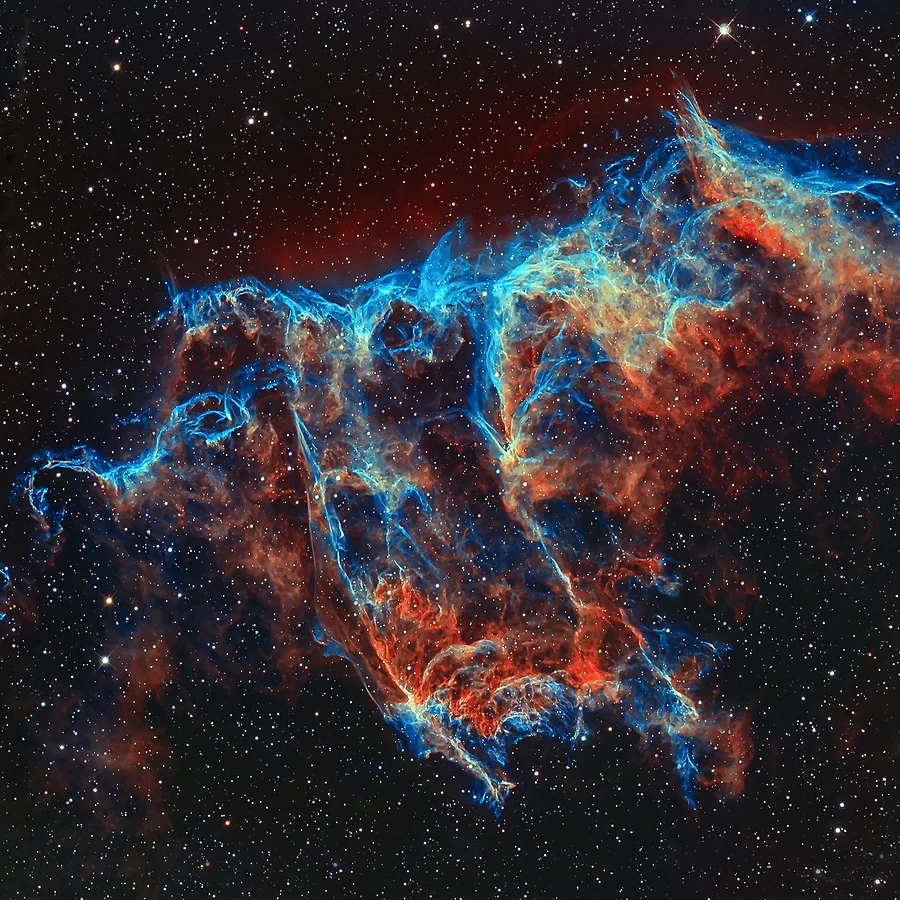Modern medicine has brought us revolutionary advances that support better health. But, is the health that modern medicine supports what we mean by true healing? I think not. True healing is not just revolutionary but actually evolutionary. Over millions of years, we have gradually evolved to become self-organizing creatures capable of self-correcting and self-healing in the face of the vast majority of problems that beset us.
The Care & Feeding of a Human Soul
What is the recipe for living a full and fulfilling human life? What are the essential ingredients? Can they be mixed together quickly or does the recipe require slow cooking? These questions actually have science-based answers that align well with ancient wisdom. The real conundrum is why, when the “answers” are at hand, do relatively few people take full advantage of them and adjust their lives accordingly.
How We Die
Time Flies, But Meaning is Eternal
Sean Carroll*, a physicist who explores the universe said, “Life is not a substance, like water or rock; it’s a process, like fire or a wave crashing on the shore. It’s a process that begins, lasts for a while, and ultimately ends. Long or short, our moments are brief against the expanse of eternity.” How does this strike you? Does this view leave you feeling small or even frightened by our insignificance in the vastness of the universe? If our lives are just a fleeting process, how can we make the process as meaningful and fulfilling as possible? How can we make our mortal time here matter and make a lasting impact?
Does Scheduling Activities Ruin the Fun?
A recent study (http://bit.ly/ClocksAndFun) argues that when leisure activities are scheduled, people report them as being less enjoyable than when such activities take place in the spur of the moment. This makes sense, but only up to a point. After all, who doesn't like spontaneity? Dopamine and anticipated pleasure seem to matter more.
Resilience is Necessary, but not Sufficient
Much has been written about resilience. Who wouldn’t want to be more resilient if it means being able to bounce back and pick ourselves up after our setbacks in life? With the inevitability of challenges, losses and suffering in life, the capacity to show resilience is clearly important. Knowing that there are well-established practices that strengthen our resilience skills is comforting. But, is being resilient “enough?”
Reducing Loneliness When You're Not Alone
How does loneliness compare to hunger or pain?
We know that satisfying hunger and avoiding pain are deeply wired into our brains and bodies. One drives us to seek food. Pain pushes us to take immediate action in an urgent effort to turn off the sensation.
Our drive to avoid loneliness is no different.
Modeling Autumn's Courage
Fall is here. I am just more than halfway between the date of my father’s passing and the date of his gravestone’s unveiling.
Seasonal changes. Transitions in weather. Transitions in life. They are inevitable, can be instructive, and often operate as necessary signposts that mark our evolving journey through life.
Getting a Grip on Alzheimer's Disease
This week we lost Gene Wilder to “complications of Alzheimer’s disease.” We are all becoming eerily familiar with the statistics about Alzheimer’s disease. Media messages attached to the statistics and tragic stories of this mind-thieving condition leave us feeling powerless or simply crossing our fingers and hoping for the best. How sad! There is so much more that is in our grasp.


